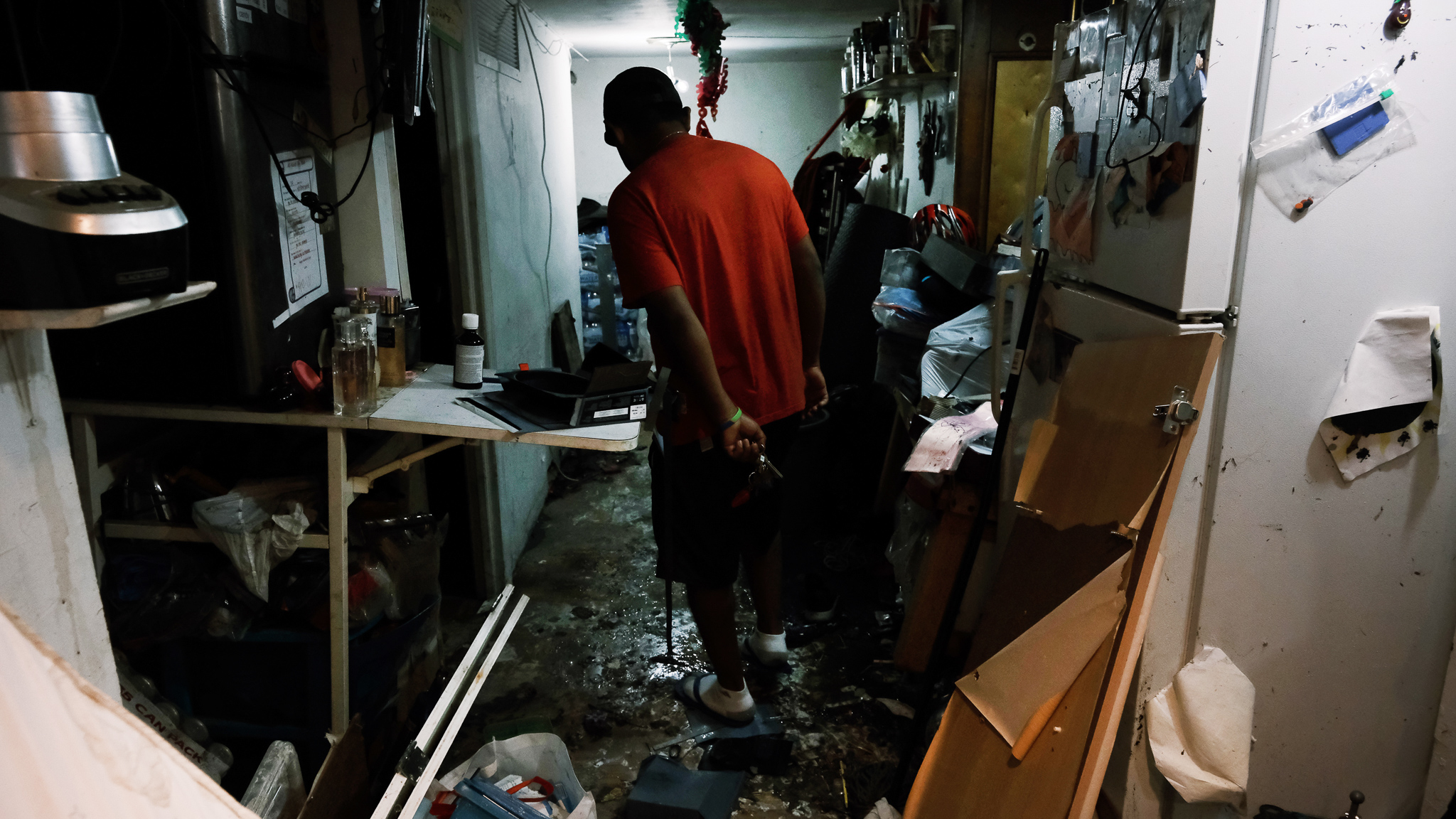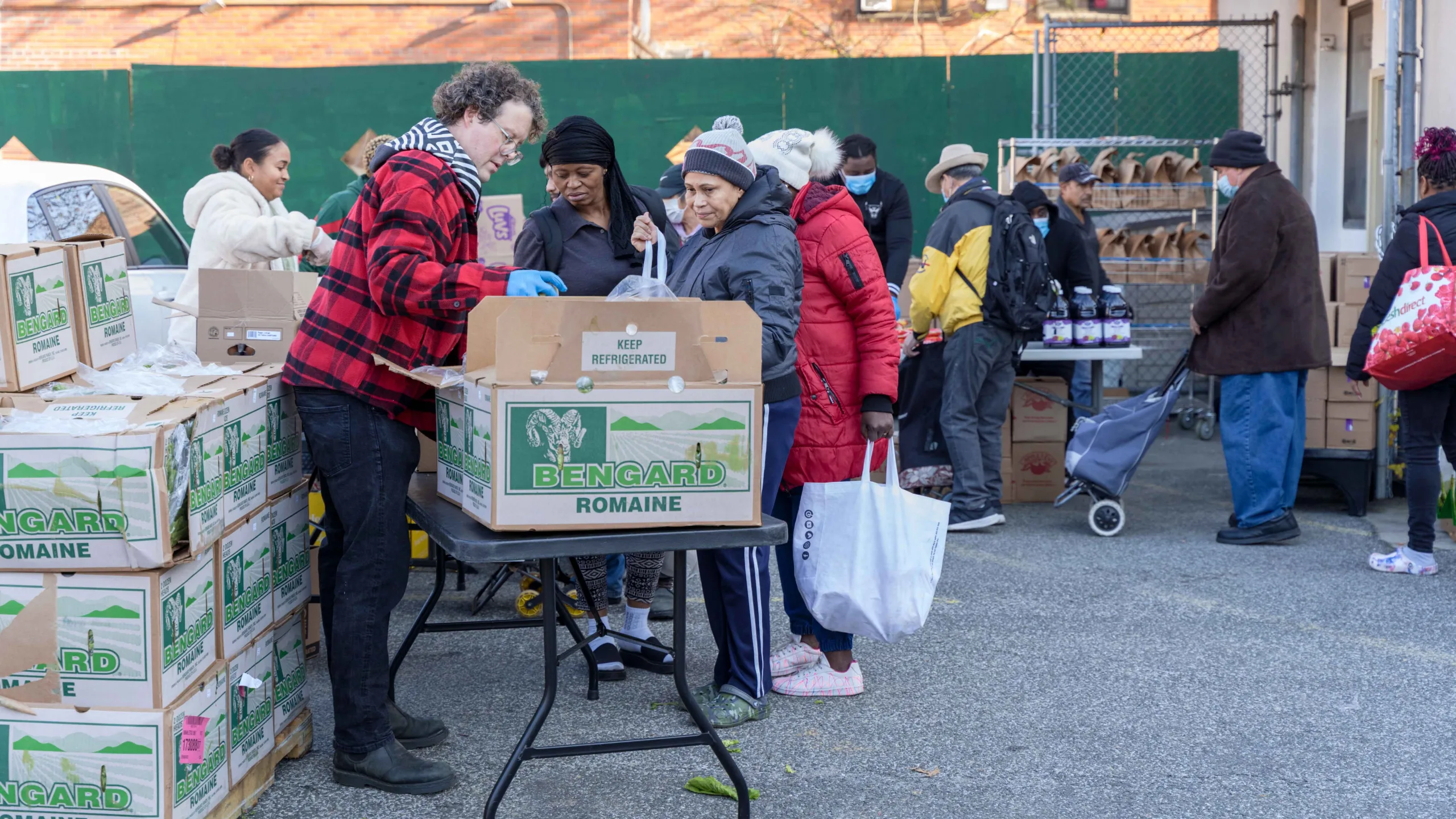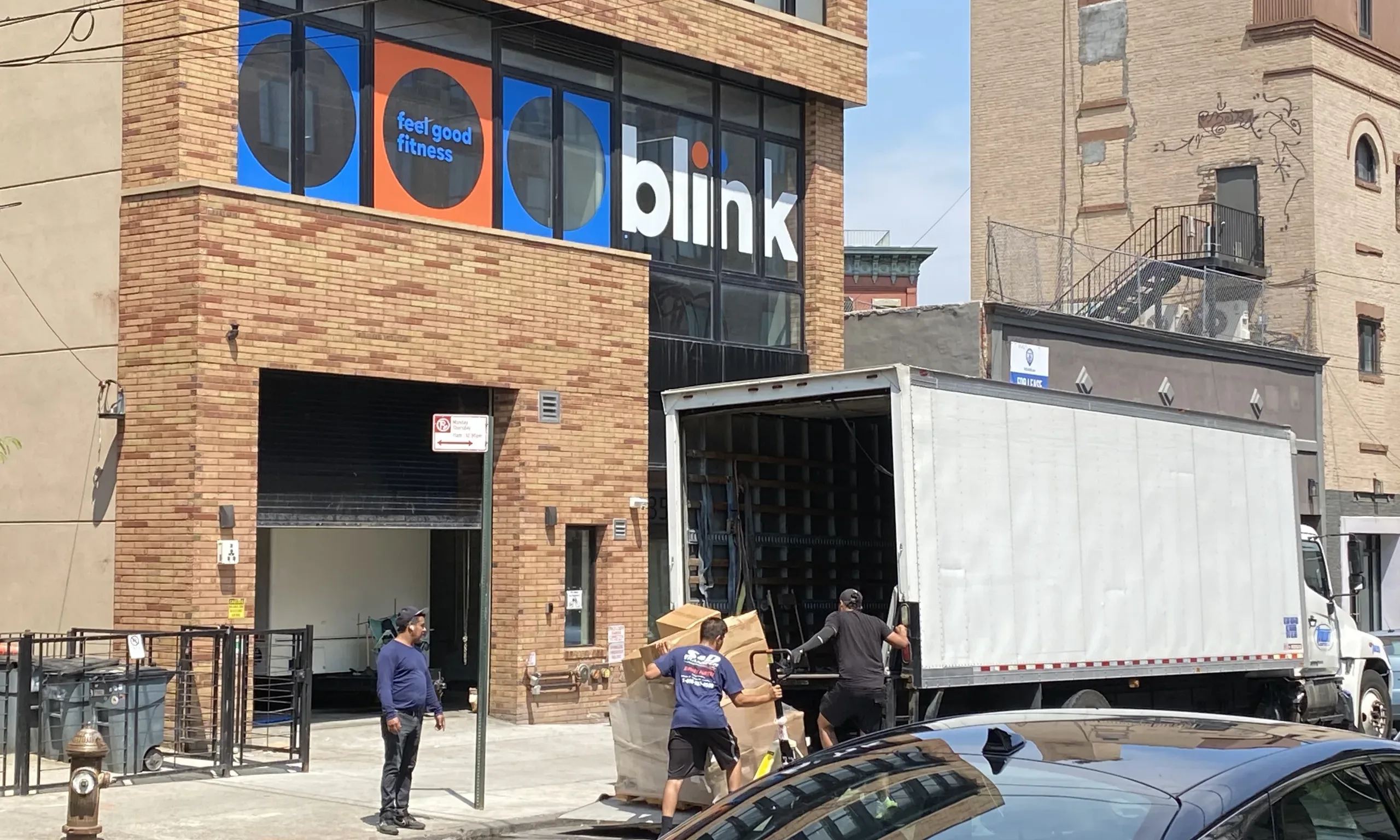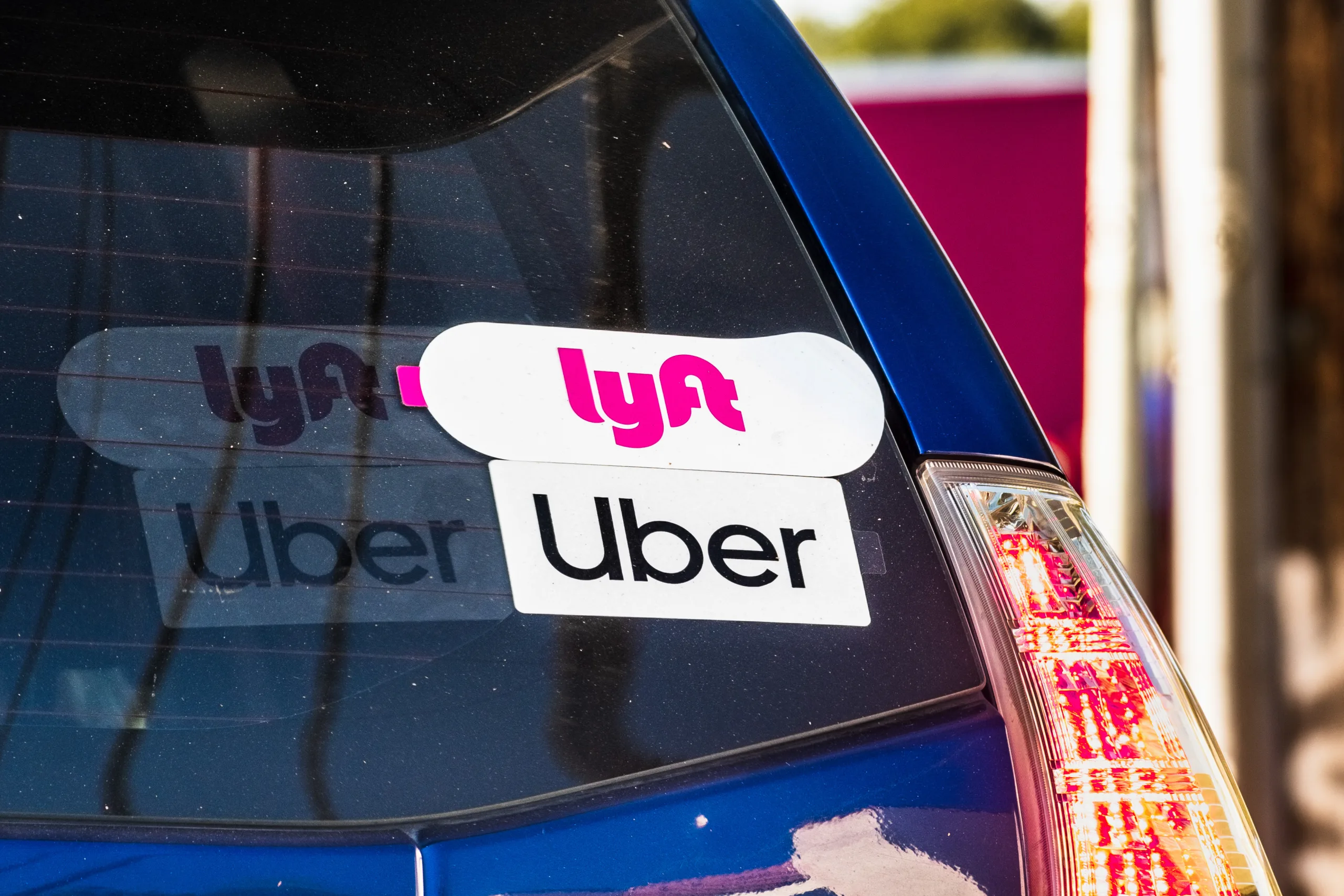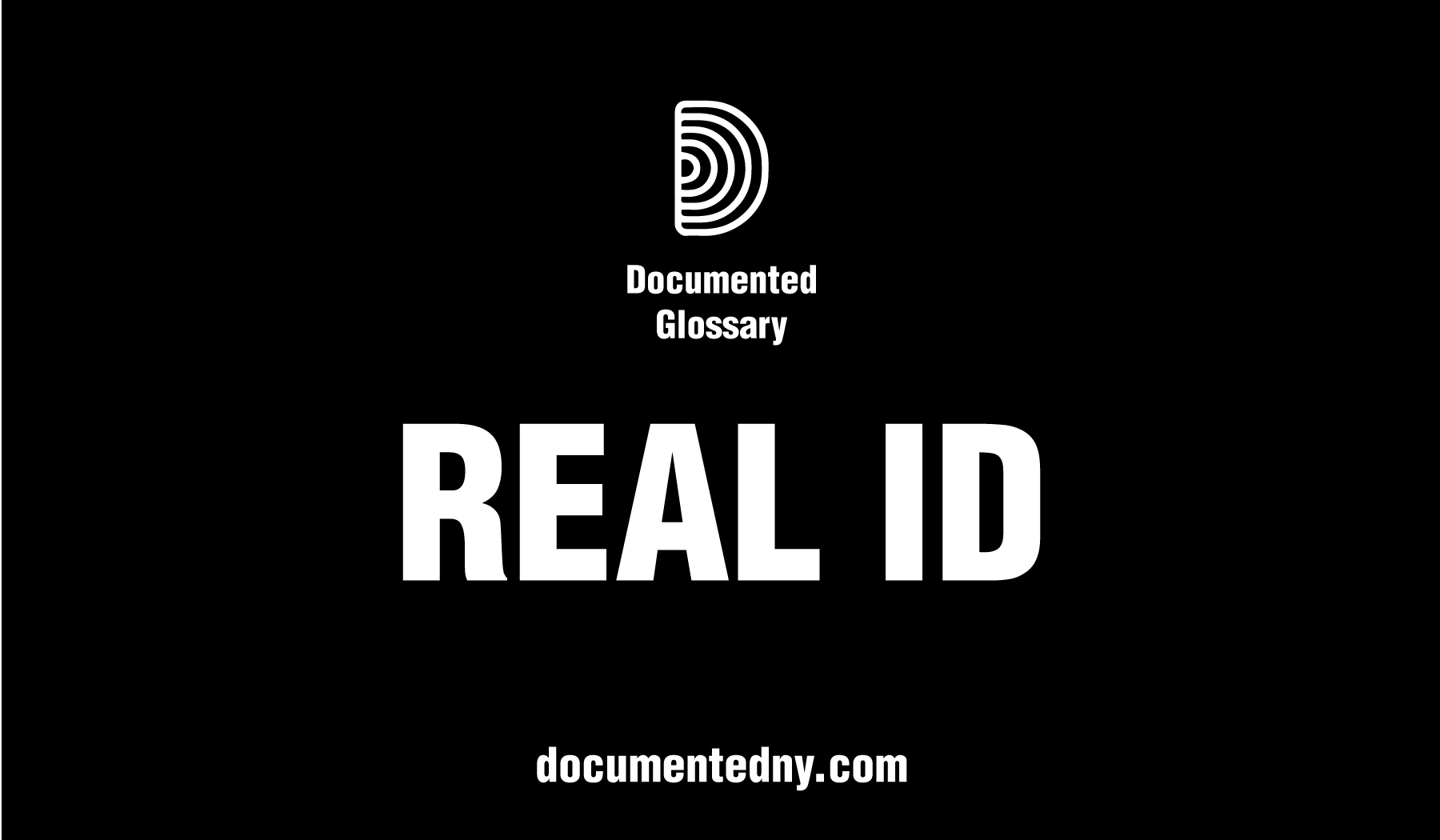Immigrant New Yorkers who live in illegal basement apartments face additional challenges in recovering from the aftermath of Hurricane Ida, both emotionally and financially.
One month ago, as the remnants of Hurricane Ida pounded New York City, Rahela and her husband were vigilantly eyeing the water level outside their apartment to ensure it wouldn’t seep inside. As her husband adjusted a drain outside, water began pouring into their basement apartment. It gathered within the locked boiler room, which they could not see, and within five minutes, they were in knee-deep water. She held her crying daughter and watched as the water destroyed everything they owned.
“Before I could realize what was happening, we lost everything,” Rahela, who withheld her real name, said in Bangla. “I couldn’t do anything at that point — everything was wet.”
As a citizen, Rahela qualifies for Federal Emergency Management Assistance (FEMA) to offset the costs of replacing her furniture, electronic, food and 4-year-old daughter’s toys, but the application requires proof of occupancy and her landlord told her not to apply, describing the process as a “hassle.”
Although the program is handled by the federal government, her landlord cited fears that the application may lead to a city inspection in the future, which would carry hefty fines because she lives in an illegal basement apartment.
“Those who live in basements, if their landlords want them to apply for financial assistance they can, but if their landlords don’t, then they can’t,” Rahela said.
In the wake of the storm, FEMA and New York State and City established funds to provide financial relief to those affected by the flooding. Eleven tenants in illegal basement apartments died during the flooding, a tragedy which attracted national attention when President Joe Biden and Governor Kathy Hochul came to Queens and assured residents that assistance would be made available.
Yet, many immigrants residing in basements told Documented they cannot access the funds because they fear reprisals from their landlords and cannot risk losing their affordable apartments.
Also Read: COVID-19 is Creating More Homeless Undocumented Immigrants in New York
For tenants like Rahela, finding another affordable apartment for her family would be immensely difficult if not impossible. Her landlord offered her a meager amount of financial assistance, claiming she had minimal damages that were mostly “a few electronics and your kid’s toys.”
“That was so hard to hear,” Rahela said, “You saw that I saw lost everything. But I can’t get into an argument with my landlord. He’s my relative. I don’t want to ruin my relationship with him.”
There are approximately 100,000 illegal basement apartments in New York City, which serve as de facto low-income housing. Many tenants of these apartments are low-wage immigrants who have few housing options and are subject to constant threat of immediate eviction if city inspectors find an illegal occupancy in a basement.
Landlords, many of whom are first-time immigrant homebuyers renting out the basement to cover their mortgage, face exorbitant costs if city inspectors issue violations or vacate orders. While Mayor de Blasio has waived these fines for the rest of the year, landlords continue to fear reprisals if their basement tenants seek financial assistance, because of concerns the city will resume enforcement in the future.
For undocumented immigrants like Motiul, who only shared his first name, illegal basement apartments are an important lifeline. “I try to live in the cheapest place possible here, so I can send more money back to my family,” he said. Motiul pays $400 to share a basement apartment with a roommate whereas renting a room in a first-floor apartment would cost $700 to $800 in his neighborhood.
Motiul’s experience is not unique. He is a member of Desis Rising Up and Moving (DRUM), an advocacy organization that works with working-class South Asian and Indo-Caribbean immigrants. Like many DRUM members who are undocumented construction workers living in Brooklyn, Motiul supports his wife and children who live in Bangladesh.
“I’m suffering but I want my family to have some peace,” Motiul said while recounting that during the flooding he feared for his life, “If the water inside the apartment had kept rising and drenched the circuit box, we would’ve died.”
Also Read: Eviction Moratorium Extended, but Looming Housing Crisis Remains
To cover damage expenses caused by the flooding, American citizens are eligible for FEMA funding up to $34,000, while undocumented residents like Motiul are excluded from those funds. New York State and City have recently established a $27 million fund to provide Hurricane Ida Relief for undocumented immigrants, which community-based organizations like Make the Road and MinKwon are distributing. However, Jose, an undocumented immigrant from Ecuador who asked to go by another name, is left with doubts: “Where’s all this data going? And what consequences does this data have for homeowners and tenants?”
“If the information isn’t shared with the federal government, then we can apply,” said Motiul who has lived in the U.S. for four years and recounted his efforts to evade immigration authorities during the Trump administration, “Our lives were so difficult. I tried to stay hidden on my way to work, avoiding buses or trains.” As a result of his heightened awareness of the risks of deportation, he will not apply to the program unless there is proof that the personal information of applicants will not be shared with any government entity on a city, state, or federal level.
Erin McCarthy, a spokesperson for the New York Department of State, said that “all information provided to the Office for New Americans is confidential and safe,” referring to the state agency that provides services to immigrants. Under Executive Order 170, the state cannot share any personal information of applicants with immigration authorities.
The Mayor’s Office of Immigrant Affairs informed Documented via e-mail that only the state will collect data from community-based organizations distributing the funds “on the number of people served, demographics, amounts distributed, but they will not collect identifying information including names, addresses, etc.”
Since the fund opened on September 27, Make the Road has received over 700 phone calls to their hotline from families impacted by the floods inquiring about whether they are eligible according to Rebecca Telzak, deputy director at Make the Road. Tenants who lack a formal lease, like Motiul, can still apply. “There’s flexibility in terms of what documentation [is required],” Telzak said, “We’ll need to work with each person to figure out what they have and what’s manageable.”
Organizations like Make the Road will not communicate with landlords nor require any information from them, but Jose, said he will not apply for the funds because his landlord — a relative — does not want him to apply to anything. His landlord fears revealing their home address will place him at the risk of future fines even though the city — which enforces these fines — is not collecting any information from applicants.
Also Read: NY’s Excluded Workers Fund is Almost Out of Money
“I can’t do it and risk losing the basement-dwelling,” Jose said. “The fact is to be able to pay a little less to live in NYC, you have to be willing to let go of so many safety concerns. For poor people of color, what are you willing to suffer to remain in the City?”
TestPost3
For Rahela the toll has been heavy on her entire family, including her 4-year old daughter who has had nightmares every single night. “She’d sleep for an hour and then start wailing. You could see the terror on her face,” she said in Bangla, “She never used to struggle with staying asleep.” As of last week, her daughter’s nightmares have ceased but she continues to fear their apartment will flood whenever it rains.
Rahela and Motiul received $1,000 and $500, respectively, in emergency assistance from DRUM to replace their belongings since they are both members of the organization. In Queens, elected officials have distributed mattresses and the Red Cross has offered financial assistance to victims of Hurricane Ida regardless of immigration status.
Despite this immediate financial assistance, as climate change continues to cause unprecedented, extreme weather, basement tenants still face serious risks to their physical safety and financial stability. For Sumathy Kumar, campaign organizer at Housing Justice for All, a social justice organization that supports state legislation that would legalize basements, the long term solution is “to invest in making housing more affordable for people because if we had tons of social housing, affordable housing, not-for-profit, publicly owned, and democratically owned housing, no one would feel forced to live in an unsafe basement apartment.”
In the meantime, Motiul continues to organize with other construction workers at DRUM. “In order to earn money, we’re stuck in this country,” he said reflecting on his life and that of other construction workers like him in New York City, “And we have to fight against these systems in order to survive. For our whole lives. This isn’t a life. It’s just survival.”
